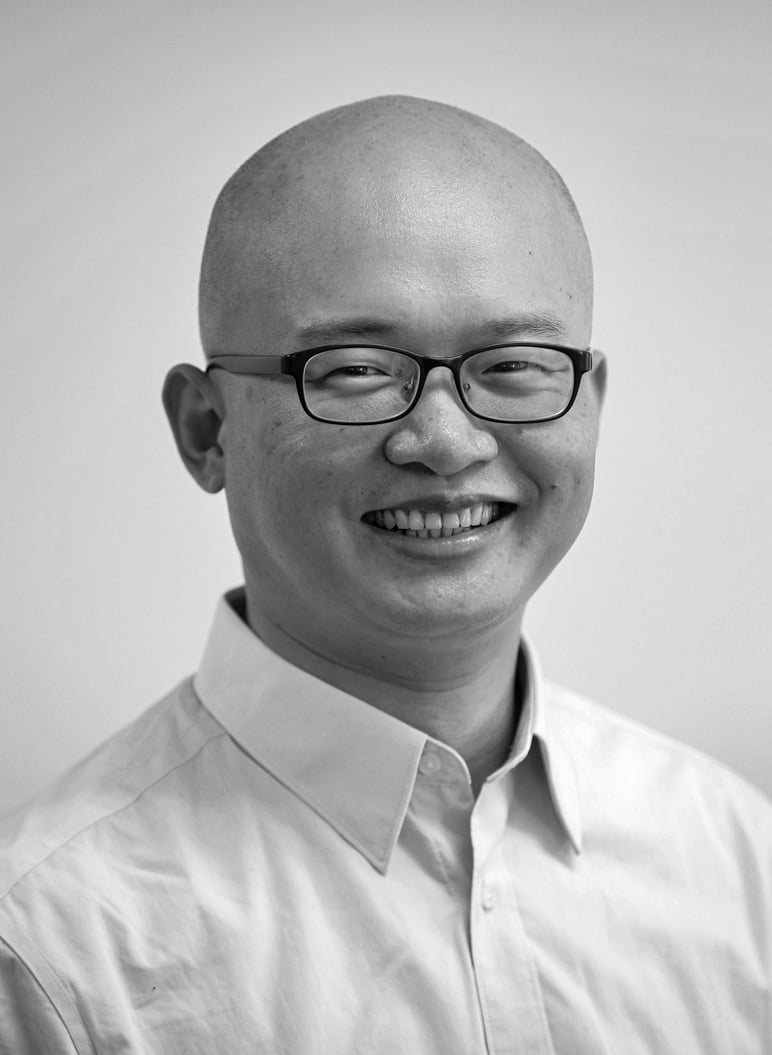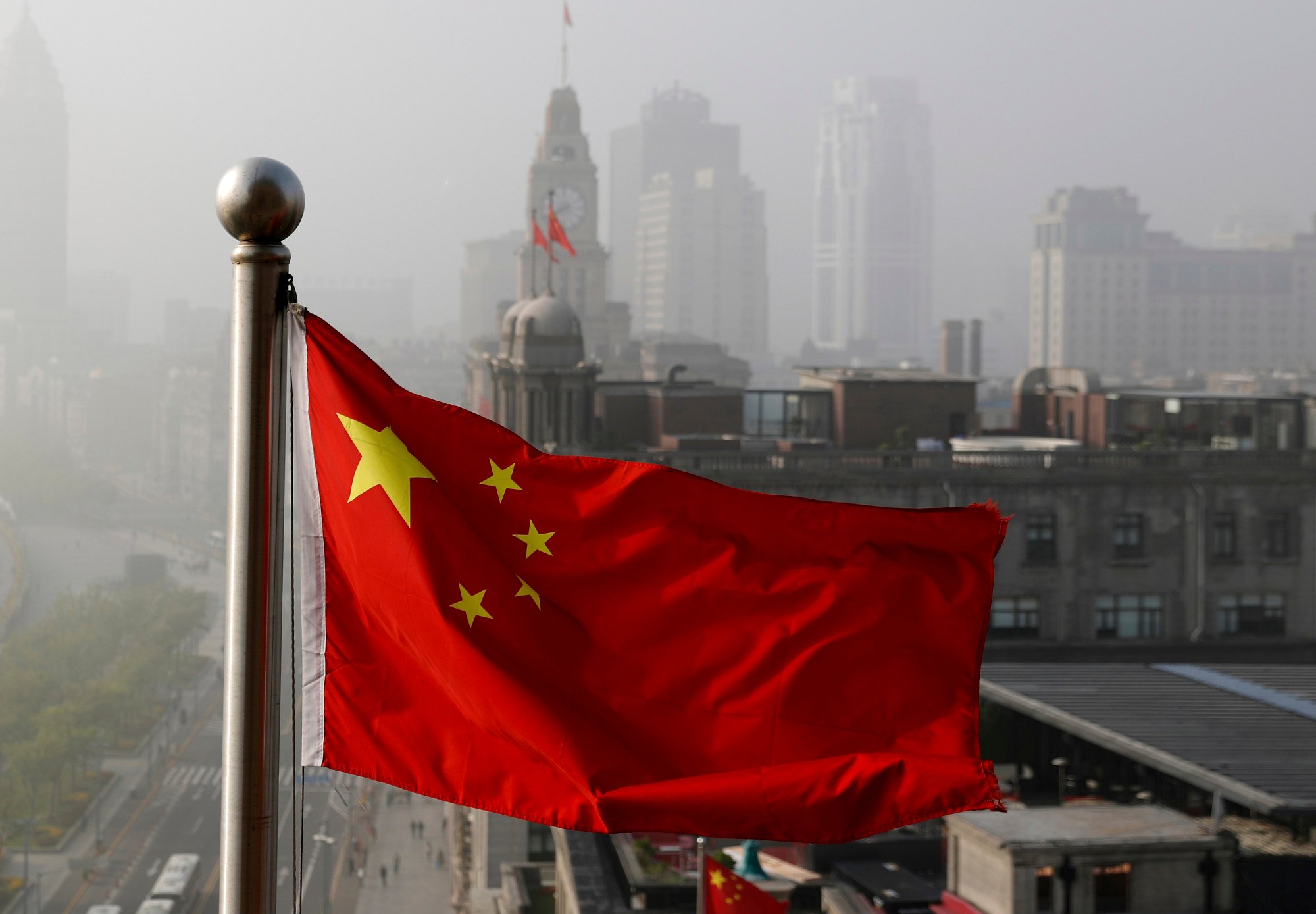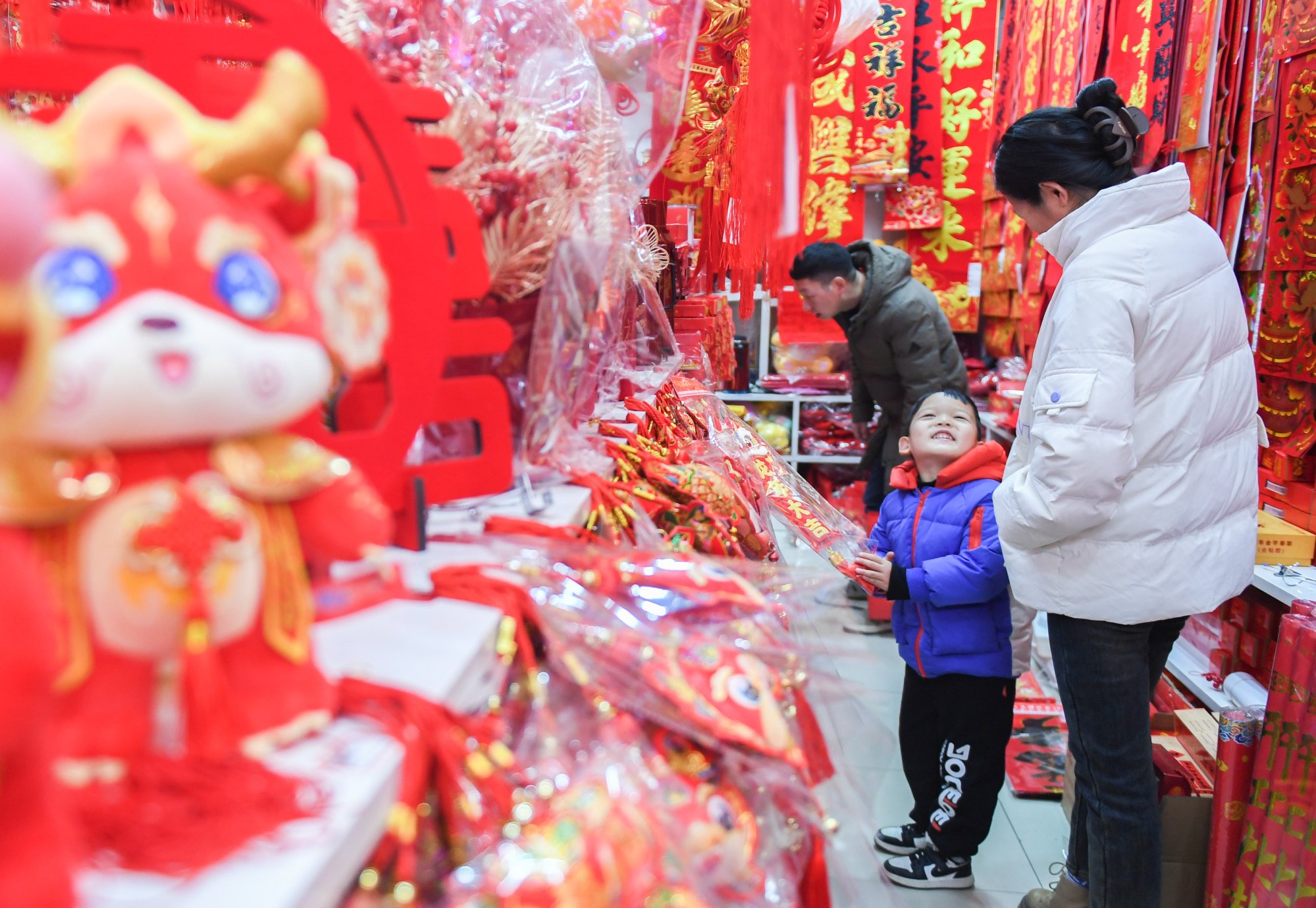
Why Javier Milei’s fiery Davos speech calling on the West to reject socialism has received unexpected attention in China
- The ‘socialism or capitalism’ debate officially ended in China three decades ago, but an ideological debate has re-emerged in recent years
- Milei’s argument against ‘socialism’ has given Chinese netizens a chance to rethink a topic important to their country’s future
Speeches by foreign state leaders are rarely hot topics of discussion in China, especially when the content has no direct link to the country. But a recent address by Javier Milei in Davos, Switzerland, has made the new Argentinian president an unlikely “opinion leader” among Chinese people.
At the outset, the 20-minute speech is entirely unrelated to China – Milei warned that the “Western world is in danger” because its leaders have abandoned “the values of the West”. Still, his fiery words denouncing collectivism and trumpeting “free-enterprise capitalism” have given the Chinese public a chance to talk about related topics.
The popularity of Milei’s speech, to some extent, has more to do with China’s own social and economic context than the main message he was trying to deliver.

In China, the “socialism or capitalism” debate officially ended 32 years ago, when then paramount leader Deng Xiaoping essentially declared the issue irrelevant during his famous southern tour in 1992.
Deng wanted the country to focus on development, and ever since then, the ideological debate has faded from public discourse, as the country embraced pragmatism and concentrated on growth.
Under the banner of “socialist market economy with Chinese characteristics” and the can-do spirit of “crossing the river by touching the stones”, China unshackled itself from orthodox Marxism doctrines to pursue prosperity.
Blessed by favourable geopolitical and demographic conditions, China’s economic potential was unleashed, and the rest was history.
To be sure, the Chinese constitution still holds “public ownership” as the basis of China’s socialist economic system and defines “socialist public property” as inviolable, but on the ground, there have been plenty of innovations designed to get things done.
At the very least, the enshrinement of public ownership did not stop the country from privatising state enterprises, selling “land-use rights” for publicly-owned land, and allowing private entrepreneurs to join the Communist Party.
For a brief time, it was taken for granted that ideological prejudices against private businesses had become a thing of the past. Many successful capitalists became role models, exemplary citizens and public intellectuals.
Meanwhile, people became increasingly unhappy about the widening wealth gap and were getting angry about the collusion of money and power that turned state assets into personal gains. As a result, questions about capital, capitalists and capitalism started resurfacing in the past couple of years.

The pursuit of social justice has become more pronounced in the world’s second-largest economy. Words such as “capitalists” and “exploitation”, which are regarded in China as evils to be exterminated, returned to the discourse, and a number of Chinese opinion leaders have attempted to launch an online witch hunt targeting certain private entrepreneurs to uncover their “original sins”.
While the hostility against “free-enterprise capitalism” in China was relatively short-lived, the damage to investor confidence was done. Beijing has responded by assuring the country’s private entrepreneurs that they will be valued and protected, but the big question for Chinese capitalists remains.
Will they still be regarded as the “necessary evil” of the initial stage of socialism, or will Beijing one day give full endorsement to their existence and stop carving up the national economy into “public ownership” and “private ownership”?
It is amid this sense of uncertainty that Milei’s speech has struck a chord among the Chinese people. The Argentinian president probably didn’t think about China at all when he wrote his speech, but people who are sharing it in China likely know that Beijing’s perception of the topic will be critically important for the country’s future.

